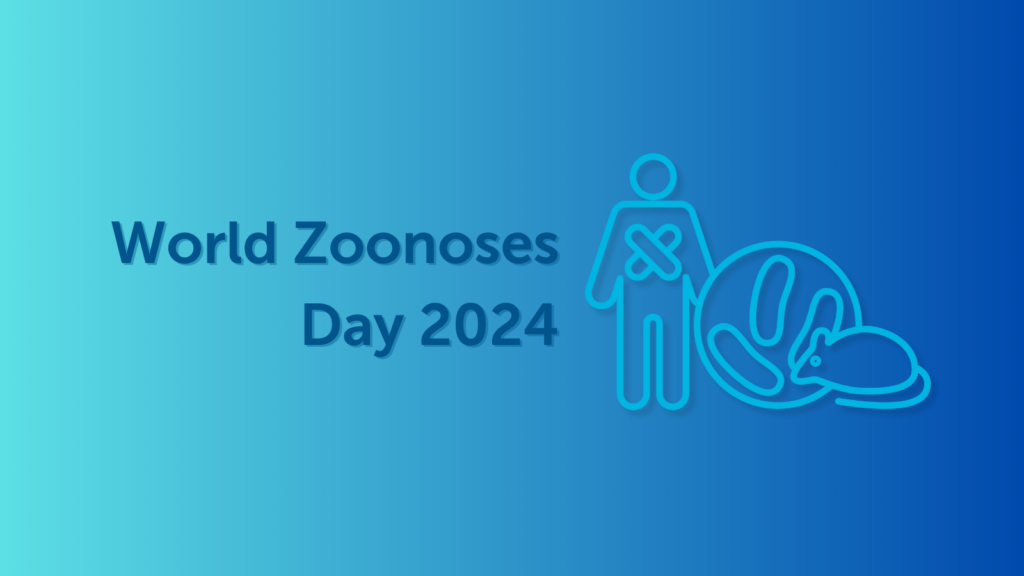July 5, 2024
World Zoonoses Day 2024: IAVI celebrates progress in Lassa vaccine development
A series of publications highlight advancements in countermeasures for Lassa fever, an animal-borne illness.

World Zoonoses Day is commemorated on July 6 and reminds us of the important role human-animal interactions play in global health. It also commemorates the first rabies vaccine given on July 6, 1885. “Zoonoses” is the collective term for zoonotic, or animal-borne diseases. Some examples include the emerging infectious diseases Ebola and Marburg, which are believed to originate in fruit bats and Lassa fever, which originates in multimammate rats.
Increasingly, zoonotic diseases are “jumping” from animals to humans through a complex biological process known as spillover. Spillover events are increasing with the effects of climate change[1]. In the case of Lassa fever, one study estimates that by 2070, climate, land use, and population changes, could put 700 million people at risk for exposure to Lassa virus – an increase of 600 million compared with today[2].
Ahead of World Zoonoses Day, hope is on the horizon for Lassa fever vaccine development. On July 1, The Lancet Infectious Diseases published an updated Lassa research roadmap co-authored by Swati Gupta, DrPH, MPH, IAVI vice president and head of emerging infectious diseases and epidemiology, IAVI. The piece outlines action steps toward the global goal of licensing a Lassa fever vaccine by the end of the decade – an effort prioritized by the World Health Organization, funders, and vaccine developers alike.
Just a week prior, IAVI’s clinical partner in Liberia announced the start of vaccinations in a Phase 2 clinical trial of IAVI’s Lassa fever vaccine candidate. This follows IAVI’s earlier announcement that vaccinations had started in Nigeria. We expect vaccinations to begin in Ghana shortly. The Lassa fever vaccine candidate we are studying is based on the same viral backbone as Ervebo, the single-dose Ebola vaccine licensed in more than a dozen countries. Importantly, using proven vaccine technology can accelerate vaccine development for outbreak pathogens[3].
And in May, Gaudensia Mutua, M.D., medical director, IAVI, authored an opinion piece in the The Guardian Nigeria citing African scientific leadership in the IAVI C105 Lassa vaccine trial as a driving force for greater global health progress: “African leadership in this trial offers hope that achieving the continent’s vision for a New Public Health Order is within reach. Among its five pillars, this vision calls for strengthened public health institutions and action-oriented and respectful partnerships. IAVI C105 is a prime example of both.”
Together, these developments are cause for celebration as Lassa vaccine development advances. Should the candidate be found to be safe and efficacious in clinical testing, IAVI is committed to making its Lassa vaccine affordable and accessible to all populations in need.
Learn more about IAVI’s emerging infectious disease vaccine portfolio.
[1] https://www.ncbi.nlm.nih.gov/pmc/articles/PMC9973692/
[2] https://www.nature.com/articles/s41467-022-33112-3
[3] https://www.thelancet.com/journals/langlo/article/PIIS2214-109X(23)00328-5/fulltext